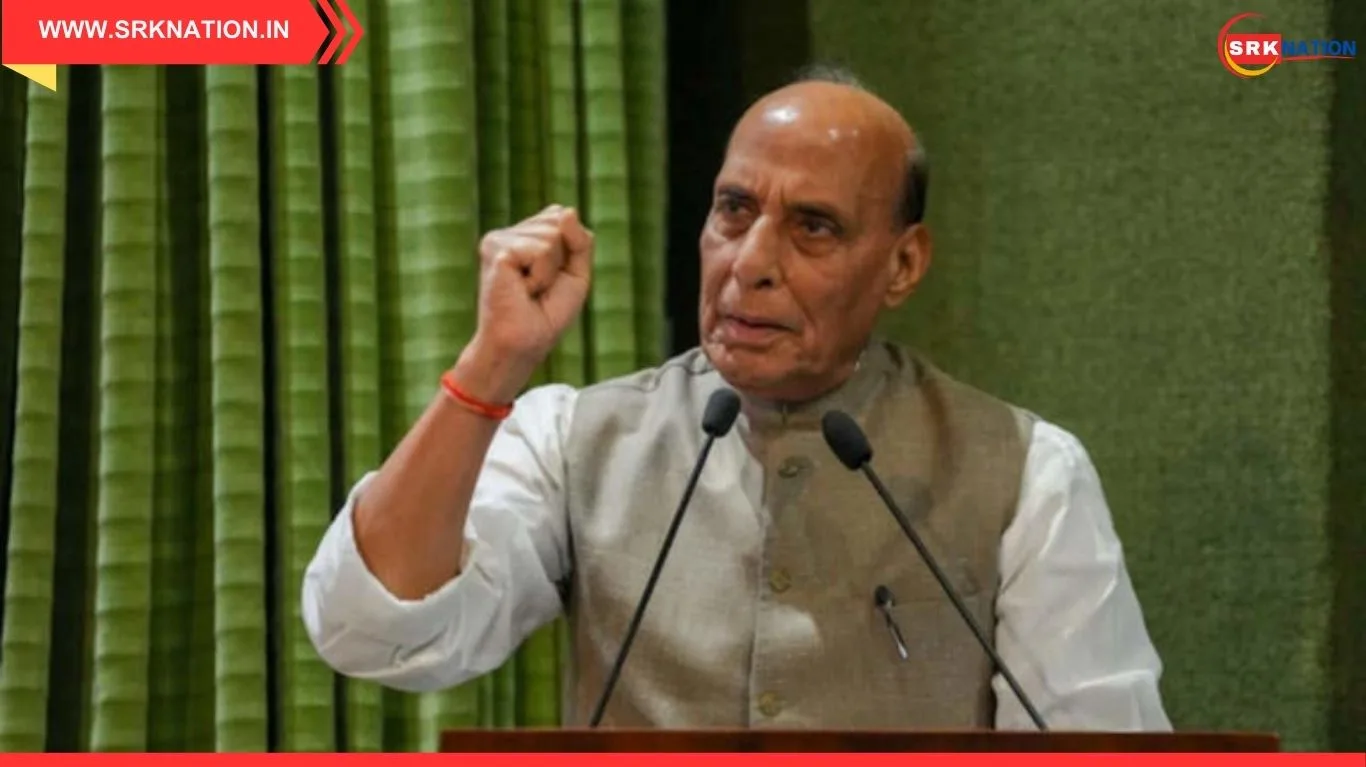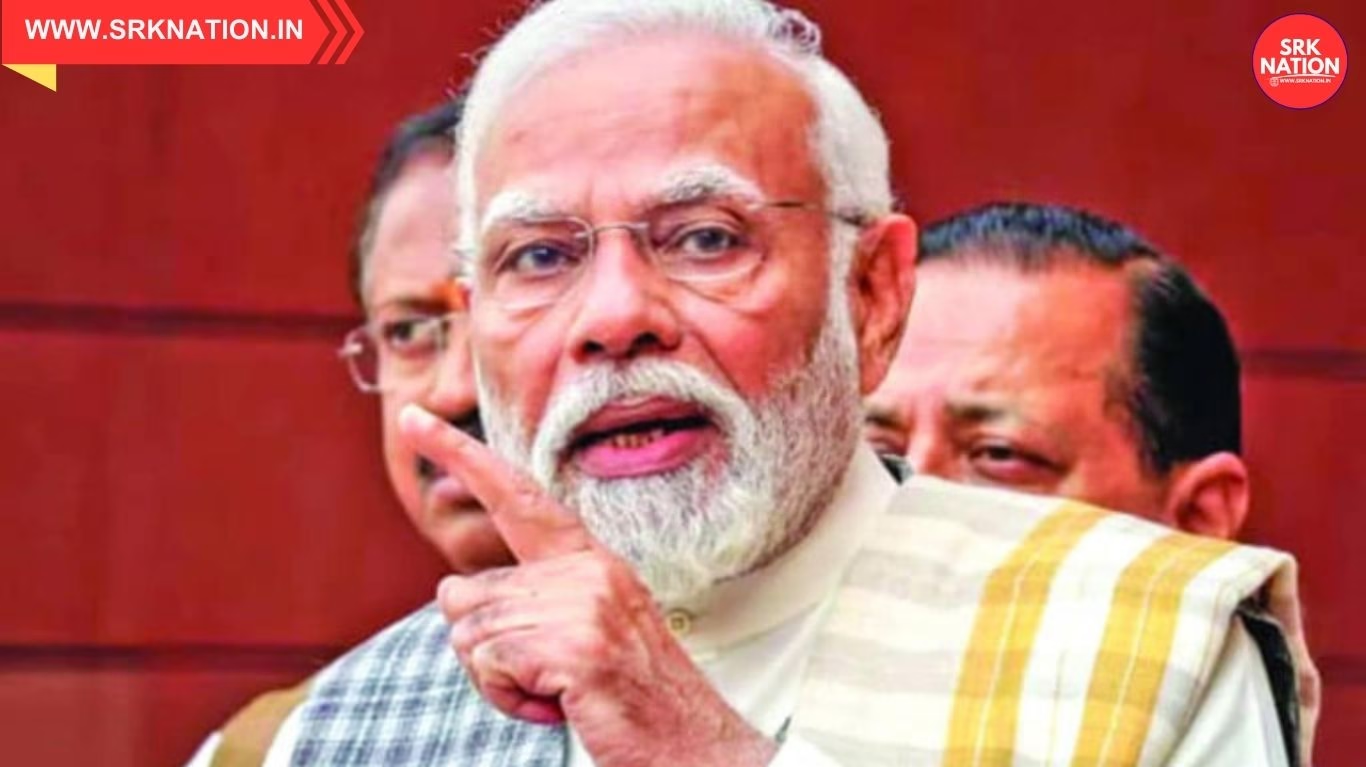A political storm has erupted following Indian Defence Minister Rajnath Singh’s statement that “borders can change”, which has been welcomed by a prominent Sindh leader. The Sindh leader described Pakistan as a “lethal poison”, adding that the country’s governance failures, corruption, and systemic instability have long harmed the people of Sindh and other provinces. The remarks have sparked intense debate across South Asia, with implications for regional politics, diplomacy, and security.
Rajnath Singh’s Statement
During a recent address, Defence Minister Rajnath Singh asserted that “borders can change”, a remark interpreted as a strong message to Pakistan regarding its policies and actions.
- Context: Singh’s statement came amid ongoing tensions between India and Pakistan over cross-border terrorism and territorial disputes.
- Implication: The remark was seen as a warning that Pakistan’s internal instability and external aggression could lead to geopolitical shifts.
- Reaction in India: Political leaders and analysts debated the strategic significance of the comment, with many viewing it as a bold assertion of India’s stance.
Sindh Leader’s Response
A Sindh-based political leader welcomed Singh’s remark, calling Pakistan a “lethal poison” that has harmed its own citizens.
- Criticism of Pakistan: The leader accused Pakistan’s ruling elite of exploiting resources while neglecting ordinary citizens.
- Sindh’s Struggles: Highlighted issues of poverty, unemployment, and lack of infrastructure in Sindh.
- Support for Singh’s Remark: Suggested that changing borders could be a solution to Pakistan’s systemic failures.
Key Reactions to Singh’s Remark
| Stakeholder | Reaction | Implication |
|---|---|---|
| Indian Government | Assertive stance | Signals strong message to Pakistan |
| Sindh Leader | Welcomed remark, called Pakistan “lethal poison” | Highlights internal discontent in Pakistan |
| Pakistani Establishment | Criticized statement | Denounced India’s position |
| Analysts | Mixed views | Debate over geopolitical consequences |
Pakistan’s Internal Challenges
The Sindh leader’s remarks reflect broader concerns about Pakistan’s governance:
- Corruption: Widespread corruption undermines institutions.
- Elite Capture: Policies favor the wealthy and politically connected.
- Economic Instability: Rising debt, inflation, and unemployment.
- Social Unrest: Growing dissatisfaction among provinces like Sindh and Balochistan.
Pakistan’s Governance Challenges
| Issue | Description | Impact |
|---|---|---|
| Corruption | Rampant across institutions | Weak governance, poor services |
| Elite Capture | System favors ruling elite | Widening inequality |
| Economic Crisis | High inflation, debt | Public discontent |
| Provincial Neglect | Sindh, Balochistan marginalized | Rising separatist sentiments |
Regional Implications
Singh’s remark and the Sindh leader’s response have significant regional implications:
- India-Pakistan Relations: Could further strain already tense ties.
- Sindh’s Position: Reflects growing dissatisfaction within Pakistan’s provinces.
- Geopolitical Shifts: Raises questions about stability of borders in South Asia.
- International Attention: Global powers may closely monitor developments.
Expert Opinions
- Security Analysts: View Singh’s remark as a strategic warning to Pakistan.
- Political Commentators: Suggest Sindh leader’s response highlights internal fractures in Pakistan.
- Economists: Warn that Pakistan’s instability could spill over into regional economies.
- Civil Society Leaders: Call for reforms within Pakistan to address grievances.
Public Sentiment
Public reactions have been divided:
- In India: Many welcomed Singh’s strong stance.
- In Sindh: Citizens expressed frustration with Pakistan’s governance.
- In Pakistan: Nationalists criticized both Singh’s remark and the Sindh leader’s response.
- Globally: Observers noted the potential for increased instability in South Asia.
Challenges Ahead
The controversy underscores several challenges:
- Diplomatic Tensions: India-Pakistan relations may deteriorate further.
- Internal Discontent: Pakistan must address grievances in provinces like Sindh.
- Security Risks: Rising instability could fuel cross-border terrorism.
- Global Concerns: International community may pressure Pakistan for reforms.
Future Outlook
The situation could lead to:
- Policy Shifts: India may adopt a more assertive stance on Pakistan.
- Provincial Movements: Sindh and other provinces may push for greater autonomy.
- Regional Realignments: Potential geopolitical changes in South Asia.
- Global Engagement: Increased involvement of international powers in regional stability.
Conclusion
The Sindh leader’s welcome of Rajnath Singh’s “borders can change” remark and description of Pakistan as a “lethal poison” highlights deep-rooted challenges within Pakistan and growing regional tensions. Singh’s statement reflects India’s assertive stance, while the Sindh leader’s response underscores dissatisfaction among Pakistan’s provinces.
As South Asia grapples with instability, the controversy serves as a reminder of the urgent need for governance reforms, regional cooperation, and efforts to address the grievances of marginalized communities.
Disclaimer: This article is based on publicly available political updates, expert commentary, and regional reports. Readers are advised to follow official government and party statements for verified details.











